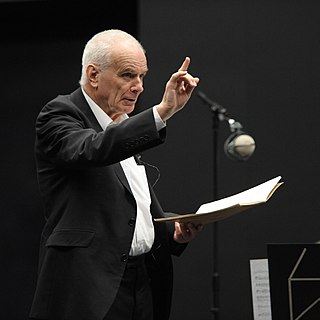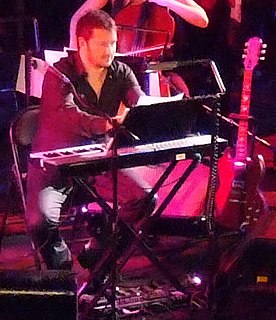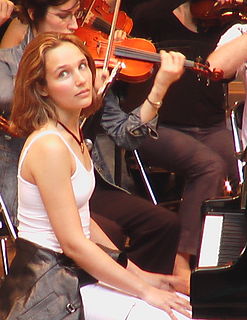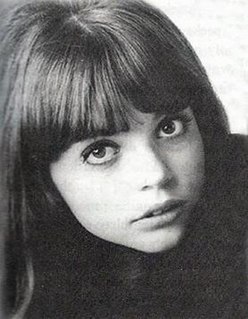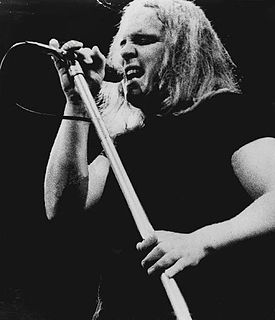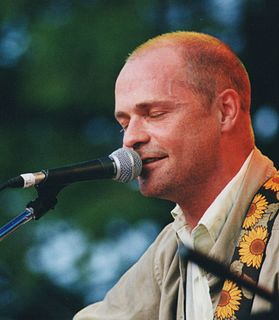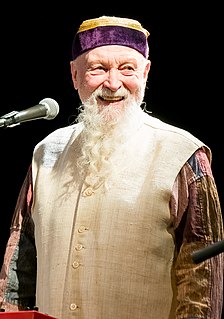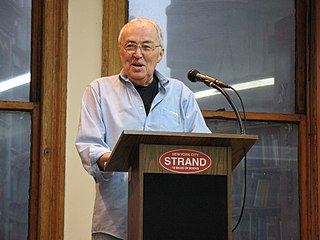A Quote by Igor Stravinsky
The one true comment on a piece of music is another piece of music.
Related Quotes
I really like to absorb the project and watch it and work on the music a lot and just get the feel for it until eventually a moment comes where I know I've got it. A lot of it is trial and error. Some days a piece of music doesn't work then other day another piece of music finally says something and works with the picture and suddenly casts a light on all the other stuff you've done - probably because my mind is getting to understand it and the piece is educating me. I always feel like the score is in there already somewhere and I just have to channel it and accent it.
I think it's okay that there's digital music out there, because that does mean more people have access. I mean, you're a student, and you're studying music, and you want to find a CD of a whole work, but there's one piece that intrigues you. It's easy to get that piece for a dollar for the most part. And it's so easy for people to carry around music digitally.

